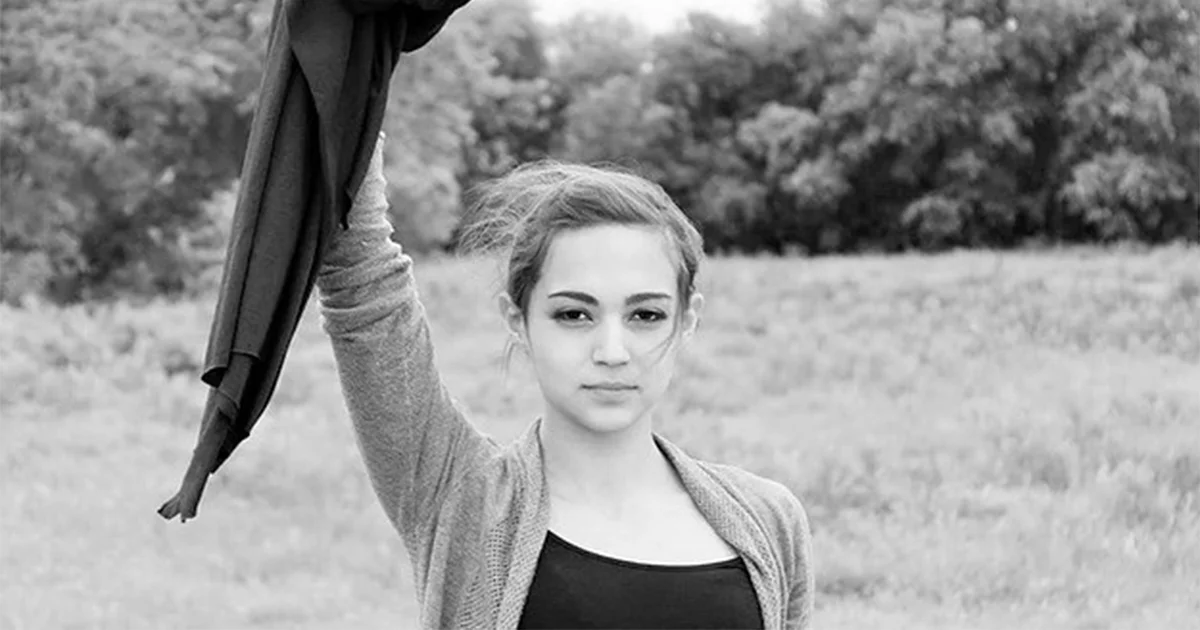For decades, Iranian women have been required by law to wear a hijab in public spaces, covering their hair and wearing loose-fitting clothing as a sign of modesty. But now, a movement has emerged among Iranian women who are defying this law by removing their headscarves in public and flaunting their hair. Despite the risks involved, these women are fighting for their right to choose what they wear, sparking a larger conversation about women’s rights and gender equality in Iran and around the world.
In Iran, the hijab is mandatory for women in public spaces. The law, which has been in place since the Islamic Revolution in 1979, requires women to cover their hair and wear loose-fitting clothing to maintain modesty. Violators of the law face penalties that range from fines to imprisonment, and some women have been publicly admonished for their perceived lack of adherence to the law.
Prof. Fatemeh Shams is quoted in an interview on Iranian women’s resistance to the mandatory hijab law and says it is a “revolutionary act” against “religious dictatorship and deep layers of misogyny and patriarchy.”

Many prominent women, including celebrities and athletes, have removed their hijab in Iran and while representing the country abroad. One of the most notable figures in the movement is Vida Movahed, a young woman who stood on a utility box in Tehran in 2018 and removed her hijab, igniting a wave of protests across the country. Since then, many women have followed her lead, using social media to share their stories and pictures under the hashtag #MyStealthyFreedom
The movement has not been without its risks, as women who participate face arrest, harassment, and violence from both the government and vigilante groups. Some have been arrested and sentenced to prison, while others have been beaten or had acid thrown on them.
While these acts of defiance are rarer in more conservative areas, they are increasingly being seen in towns and cities. Officials say they are reviewing the enforcement rules and plan to announce updated measures.




